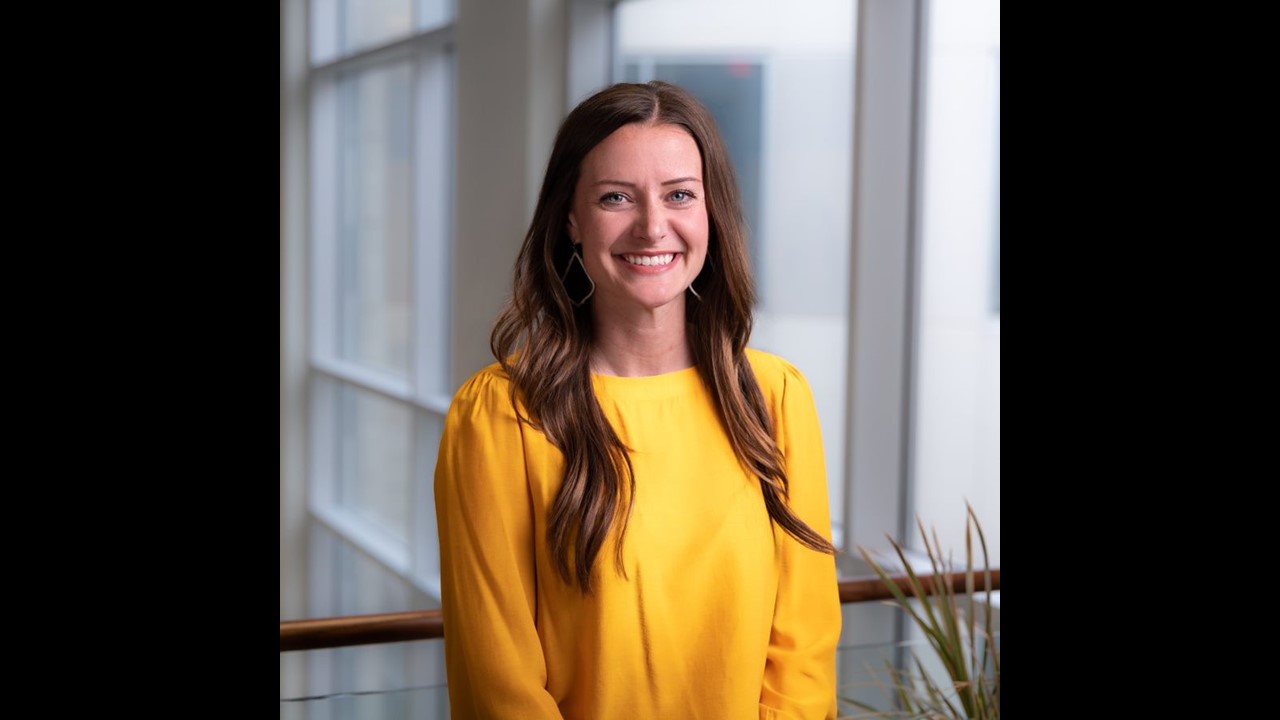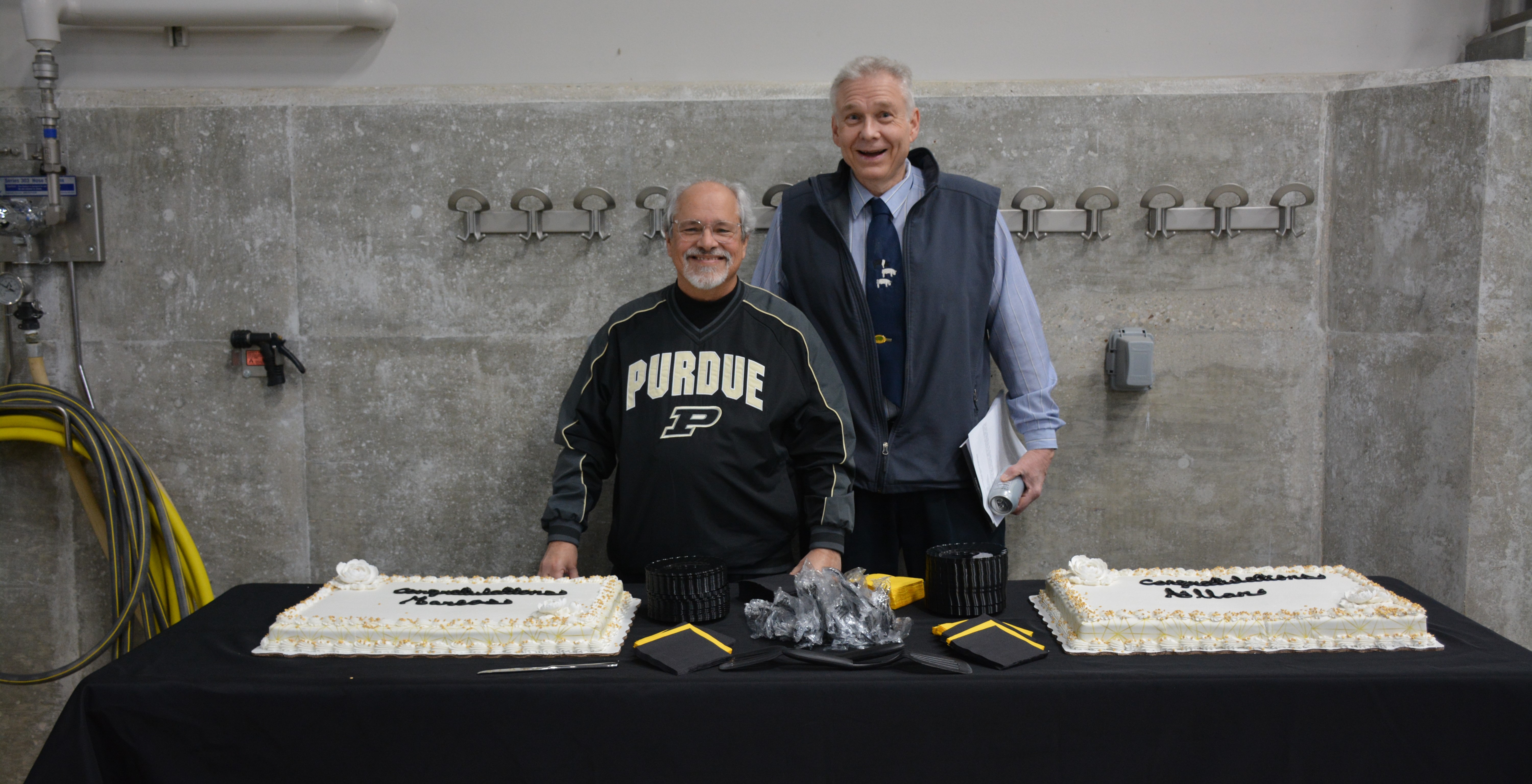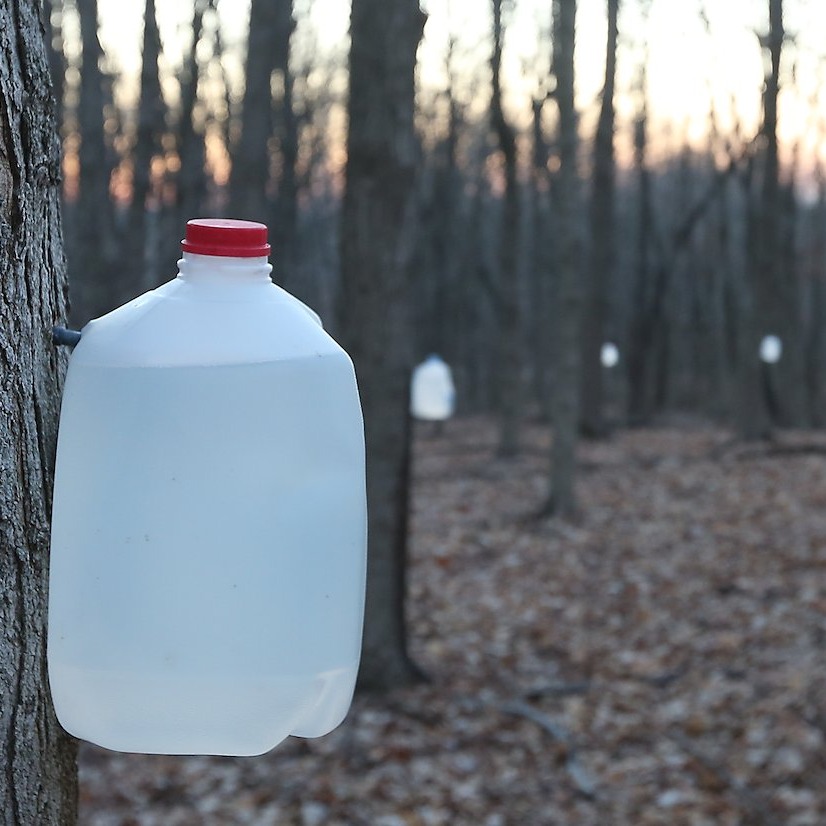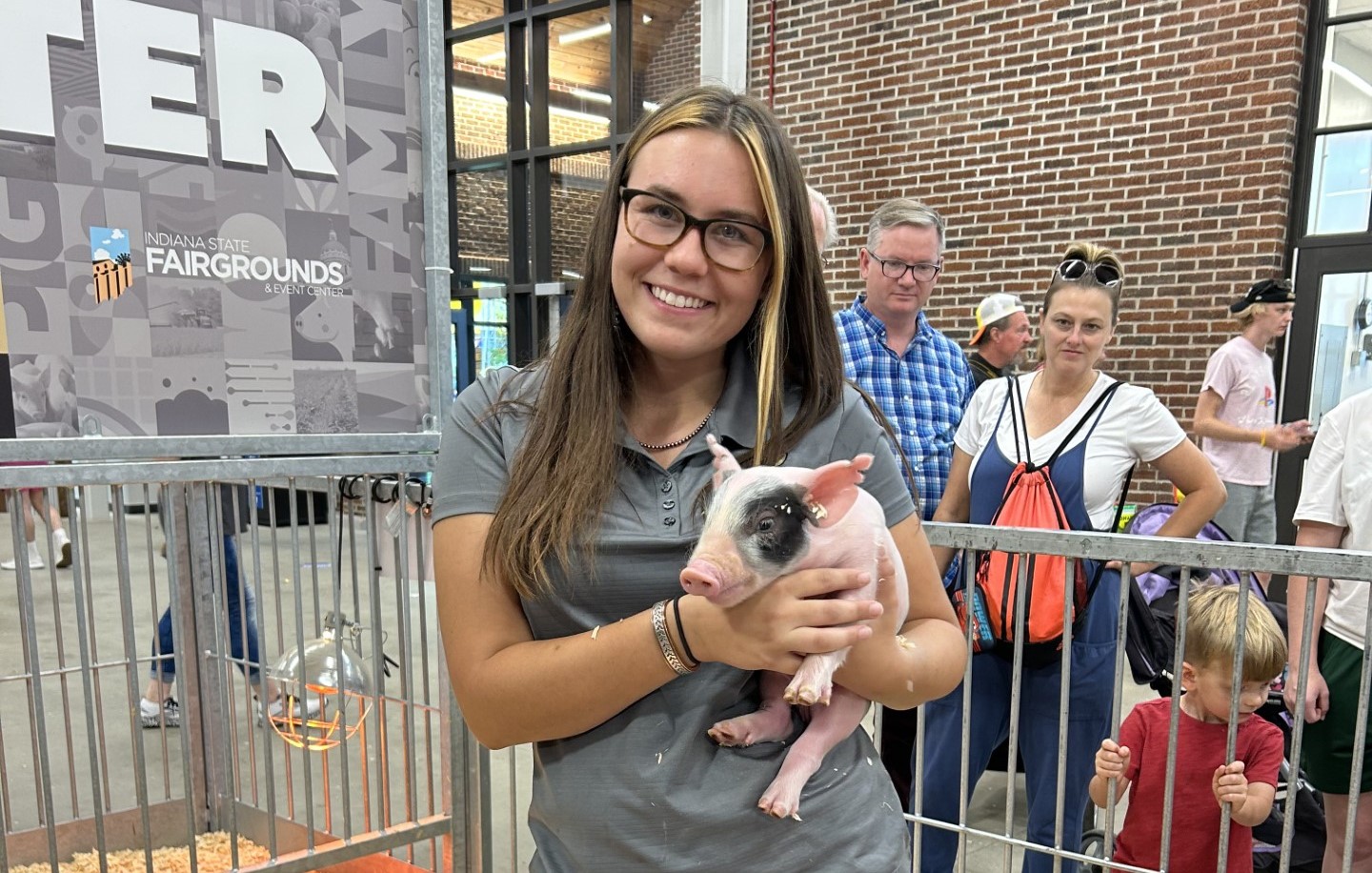The Feed the Future Innovation Lab for Food Safety (FSIL), based at Purdue and Cornell universities, has announced a funding opportunity aimed at reducing foodborne illness in Africa, Asia and the Caribbean through research projects led by U.S.-based Minority Serving Institutions (MSIs). FSIL is one of more than 20 Innovation Labs funded by the United States Agency for International Development (USAID) as part of Feed the Future, the U.S. Government’s global hunger and food security initiative. This Request for Applications (RFA) will fund research to support data-driven food safety policies and practices to address microbial and chemical food hazards. It will also create new research partnerships led by MSIs, which will expand and strengthen U.S. capacity to meet global food safety and security challenges.
“Partnerships are essential for international projects to succeed in both accomplishing research goals and strengthening local capacity to solve food safety problems, and it begins with co-creation of the research approach and objectives,” said Haley Oliver, FSIL Director and professor of food science. “We hope to catalyze new partnerships between MSIs and academic institutions at home and abroad that will reduce the food safety risks faced by individuals, households, and communities.”
Research teams must consist of at least one faculty member from an MSI working with an academic institution in the focus country or countries. MSIs include, but are not limited to, Historically Black Colleges and Universities, Predominantly Black Institutions, Hispanic-Serving Institutions, Tribal Colleges and Universities and Asian American Native American and Pacific Islander-Serving Institutions. Teams are encouraged to seek out complementary expertise by collaborating with researchers from additional institutions, including non-MSIs.
“To my knowledge, this RFA is the first of its kind to focus on helping develop collaborative partnerships among predominantly white institutions (PWIs) and MSIs,” said Purdue Professor Levon Esters, who is serving as an advisor in the development of the RFA and outreach to MSIs. “I think our team has done a great job doing our due diligence in creating an opportunity that can yield significant results from these two institutional types working together.”
Esters is the lead author on a recent report commissioned by the Norman Borlaug Institute for International Agriculture to assess engagement between MSIs and Feed the Future Innovation Labs. The report found that MSIs have a strong record of accomplishment working in international engagement tied to global food, agriculture, and rural community issues, but they currently lead a limited portfolio of projects within USAID-funded programs. Among the report’s recommendations was the creation of more opportunities to support MSI faculty in developing competitive applications.
“I also see the RFA as a way to help build capacity for MSIs who have an interest in leading an Innovation Lab, which, to date, has not been realized within the USAID grants procurement space,” Esters said.
Capacity building is embedded into the RFA selection process. Early career faculty and researchers with limited experience in global development projects are encouraged to apply. The first stage is a facilitated non-competitive scientific idea exchange to help researchers connect with potential partners and hone research priorities prior to the development of competitively reviewed concept notes. For teams invited to submit full proposals, FSIL technical experts will provide feedback on the development of their final applications.
“Purdue has a strong record of capacity building work, and FSIL has excelled at harnessing partnerships to address global food security,” said Karen Plaut, the Glenn W. Sample Dean of Agriculture. “This opportunity will bring new expertise from across disciplines and support our mission as a land-grant institution.”
Projects can target using food safety economics to understand the cost of chronic disease and barriers to implementing preventions and controls for foodborne illness; estimating the burden of microbial foodborne diseases in regions with acute malnutrition; and reducing chemical hazards in food, such as pesticide residues, heavy metals, or mycotoxin contamination.
“These are all relevant to breaking cycles of disease and malnutrition, and we are looking for people to address them with creative, interdisciplinary approaches,” Oliver said. “So in addition to traditional food safety fields--food science, food microbiology, food processing, and food chemistry—we will welcome applications from a wide range of disciplines that intersect with food safety, including economics, family and consumer sciences, gender studies, epidemiology, public health and human nutrition.”
Potential applicants may attend an informational webinar on April 29. Find more information
Follow @FoodSafetyIL on Twitter and LinkedIn.





